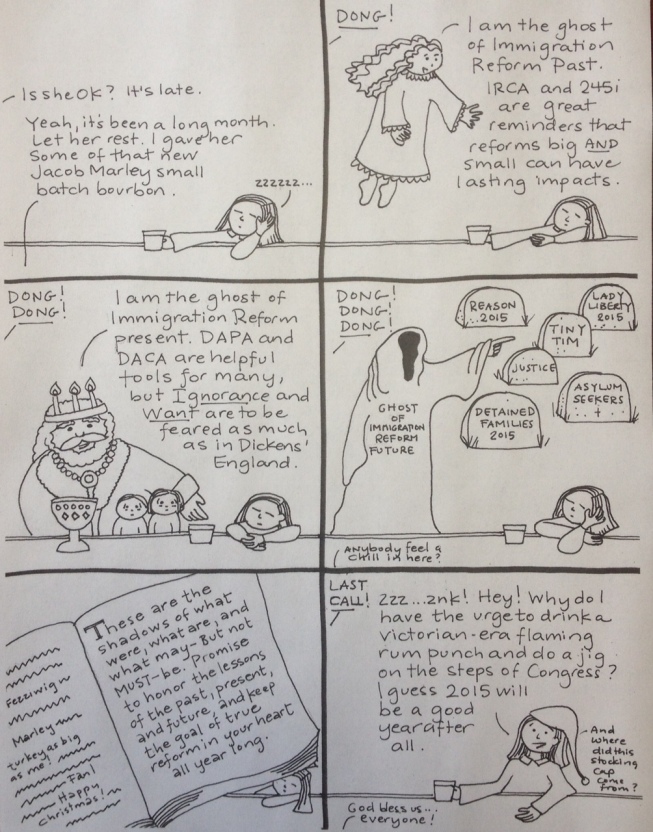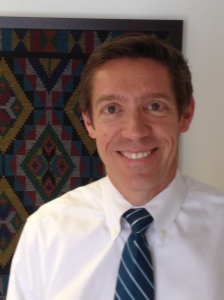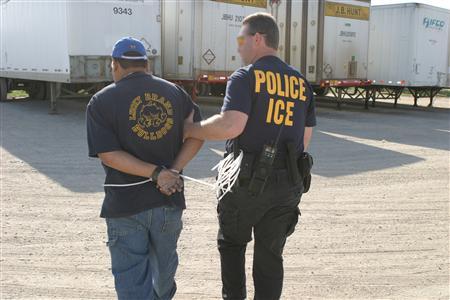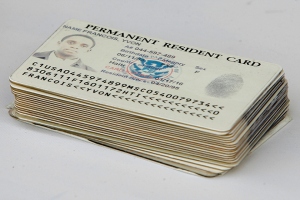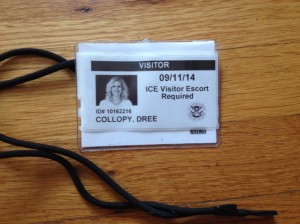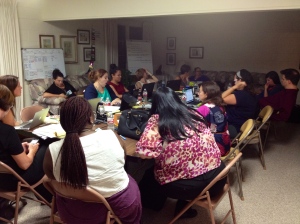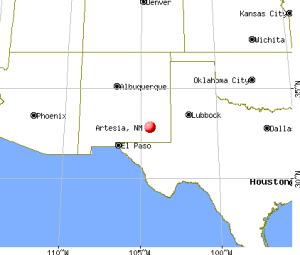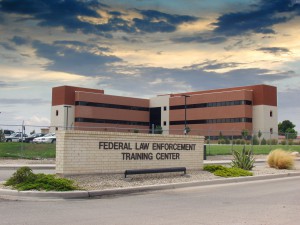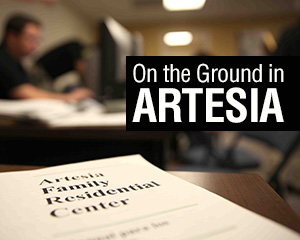You’re still here? We moved a year ago! Well, there is a lot to catch up on! Read this and then go to BenachCollopy.com.
We are extremely excited to announce that Benach Ragland LLP is now Benach Collopy LLP as Thomas Ragland departs the firm at the end of January 2016. Partners Ava Benach, Dree Collopy and Jennifer Cook will continue to practice immigration law the only way we know how: strongly committed to achieving the goals of Benach Collopy clients and advancing the rights of immigrant communities. At the same time, we express our most sincere gratitude and affection for Thomas Ragland.
We are excited for this new direction in our practice. Benach Collopy LLP recognizes the enormous contributions of Dree Collopy, who has been with Benach Ragland since its earliest days. She is the author of the Asylum Primer, published by the American Immigration Lawyers Association (AILA), which is the most important resource on asylum law in the United States. In addition, she chairs AILA’s Asylum Committee, helping the organization set its national position on asylum related matters, from legislation to advocacy to litigation. Finally, Dree also teaches immigration advocacy to law students at Catholic University. Jennifer Cook and Ava Benach, along with associate attorney Adi Nuñez will round out the attorneys at Benach Collopy. Familiar faces of paralegals Satsita Muradova and Liana Montecinos will be available to keep clients taken care of at all times. And we will continue to brew the best cup of coffee in town.
Benach Ragland was founded to provide the highest quality of legal services to immigrants and to be an important part of the struggle for immigrant rights. That mission does not change as we become Benach Collopy. We continue to share those values that defined our careers from the beginning and opened Benach Ragland nearly four years ago. Our goals, mission and approach to the practice of law remain the same and we look forward to the honor of continuing to work for and with you at Benach Collopy.
Now, I (Ava) am going to get personal.
Thomas Ragland and I have been partners for over ten years and have shared the most significant achievements lawyers can ever hope for. From changing national policies on the length of certain background checks to getting individuals released from detention to winning security and stability for thousands of clients and their families, we pursued justice for clients while sharing many more triumphs than setbacks. During this decade, between us, we have had four children, mourned the deaths of beloved mentors and partners Michael Maggio and Roberta Freedman, worked alongside great lawyers like Denyse Sabagh and provided springboards to a new generation of lawyers, who have gone on to do tremendous things in immigration law. We have seen clients become friends and go on to achieve wonderful victories, both great and humble. And we got to do it alongside each other as partners and friends. Although that partnership ends this month, the friendship does not.
In law, you never know if the person that walks into your waiting room is bringing you the case that defines your career. And you may not realize that that moment has happened until years later. That is what happened with Thomas’ practice. Some time ago, clients contacted Thomas that set his practice onto a different and exciting path, one that grew difficult to accommodate in a firm of our size. This path had Thomas flying around the world working on problems of the thorniest nature and it became increasingly clear that Thomas needed the resources of a bigger firm to provide a wider breadth of services to his clientele. Thomas can be found at Clark Hill, PLC. All of us at Benach Collopy wish him the best of luck and a hearty abrazo.
